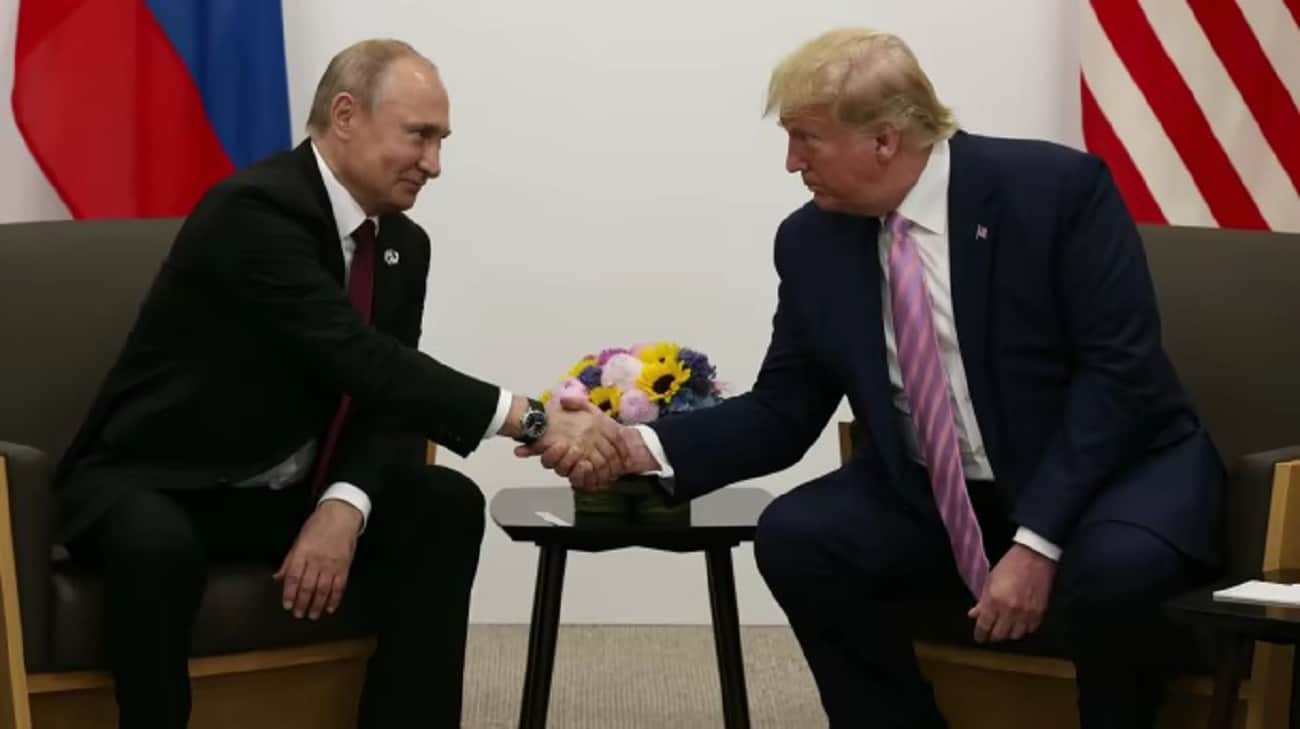“Analysts of the Institute for War Study (ISW) indicate that the Russian authorities are most likely not interested in meaningful negotiations on the termination of war in Ukraine, and prefers bilateral negotiations on relations with the United States.”, – WRITE: www.pravda.com.ua
Source: Isw
Literally From the report: “The Kremlin repeats existing narratives aimed at undermining Ukraine during negotiations in Riyadh, and probably remains uninterested in conducting meaningful negotiations to end the war.”
Advertising:
Details: Analysts indicate that the Kremlin officials are likely to try to take advantage of the current lack of available details on American-Ukrainian and American-Russian talks in Riyadh on March 23 and 24.
Russian Foreign Minister Sergei Lavrov accused Ukrainians of “well -educated Nazis” who have no freedom, as part of the Kremlin’s efforts, to justify the Kremlin’s demand for “denacification” – or a change in the regime and establish a pro -Russian government in Kiev – as a condition for termination of war in Ukraine.
Lavrov also repeated statements that accused the European countries of his desire to continue the war in Ukraine, which may probably kill a wedge between Europe and the United States.
The Kremlin spokesman Dmitry Peskov accused Ukraine of violating the proposed moratorium on energy blows, despite the fact that the proposed moratorium agreement and its aspects have not yet been determined and are now being discussed in Riyadh.
Peskov and spokeswoman for Russian Foreign Ministry Maria Zakharova tried to reduce internal expectations for current negotiations, stating that there is no need to expected breakthroughs, and that there is a lot of work on technical issues.
Literally From the report: “These statements continue to signal the internal Russian audience that Russians should not expect a long peace in Ukraine in the near future and support the Kremlin’s nomination for a long war.”
Details: Experts also say that recent statements of Russian diplomats and officials indicate that the Kremlin probably seeks to prefer bilateral negotiations with the United States over negotiations to end the war in Ukraine, and will form such expectations in Russian society.
Key conclusions isw:
- Delegations of the US and Russia met in Riyadh, Saudi Arabia, March 24 after the US-Ukrainian negotiations on March 23 on the details of a temporary cease ceasefire on long distances and in the Black Sea.
- The Ukrainian forces have recently advanced to Demidovka along the border in the northwest of the Belgorod region of the Russian Federation against the background of continuing Ukrainian operations in the area.
- The Kremlin repeats existing narratives aimed at undermining Ukraine during negotiations in Riyadh, and probably remains uninterested in conducting meaningful negotiations to end the war.
- Russia continues to pursue religious minorities, especially the Evangelical Christian communities in the occupied Kherson region as part of a wider campaign in occupied Ukraine aimed at destroying independent Ukrainian national and religious identity.
- The Ukrainian forces advanced in the Belgorod region of the Russian Federation and near Toretsk and Pokrovsk, and the Russian forces advanced near Siversk, Toretsk, Pokrovsk and Greater Novosilka.
- It is reported that the Russian Armed Forces cannot properly provide FPV drones against the background of permanent attempts to centralize drone operations under the direction of the Ministry of Defense of Russia.
